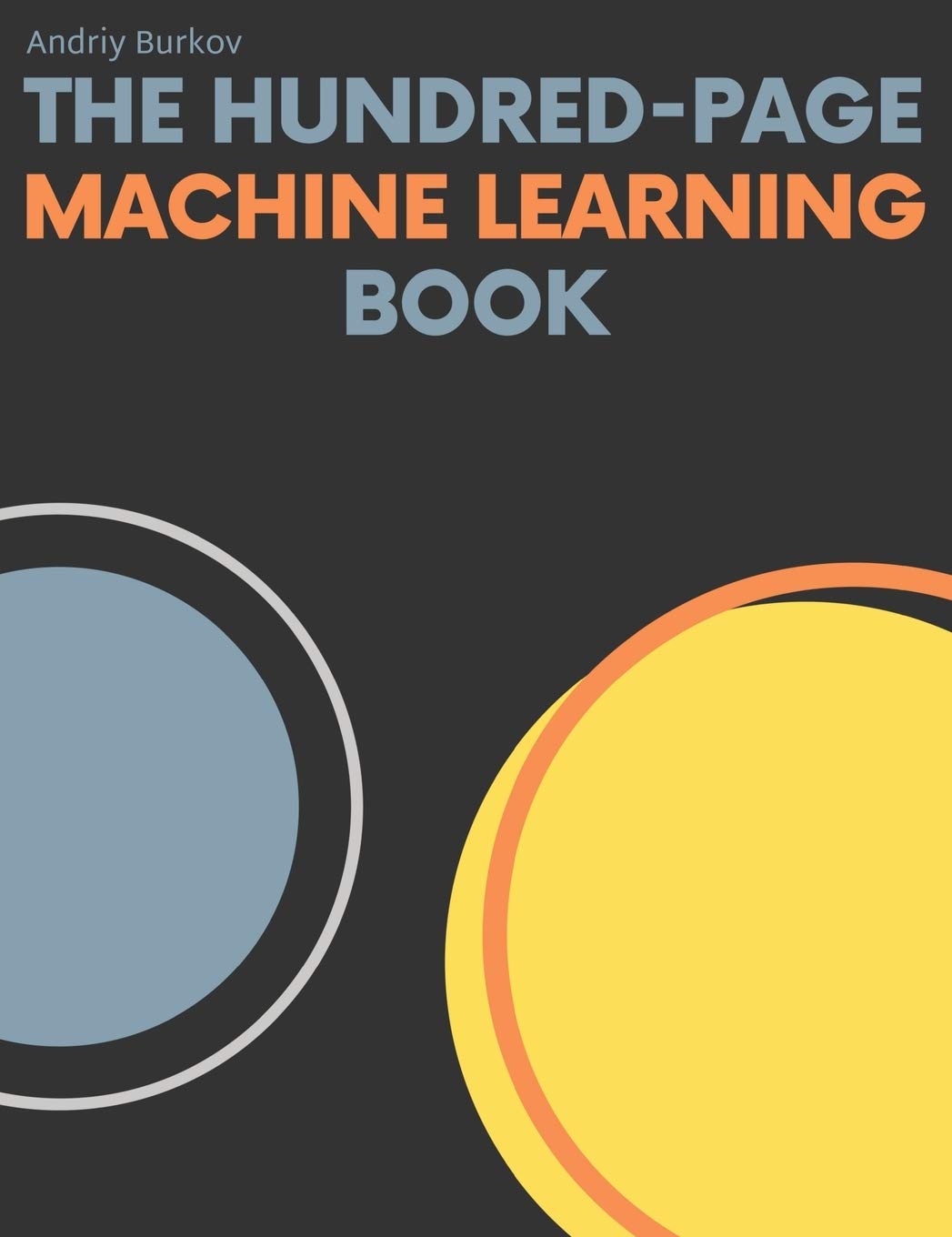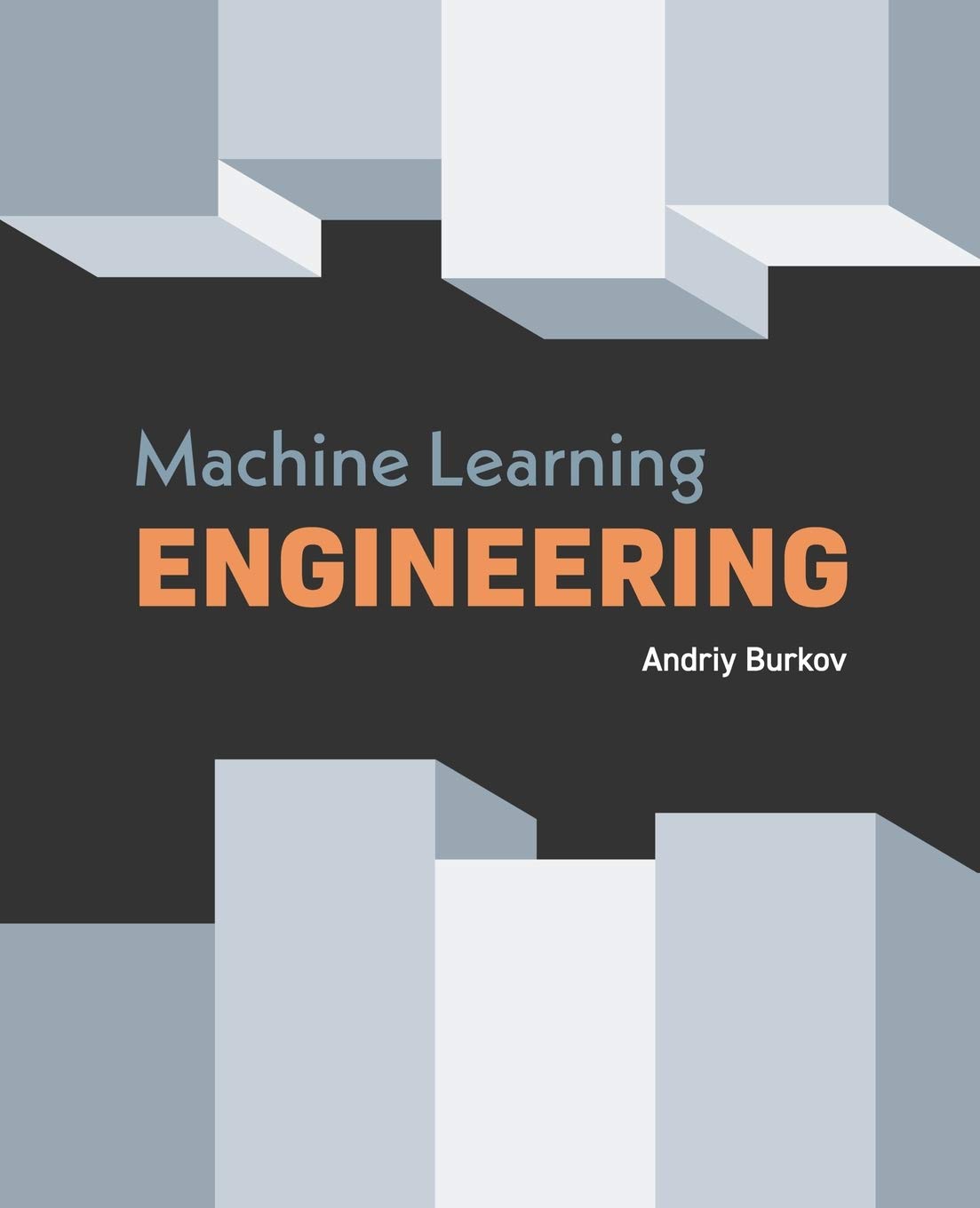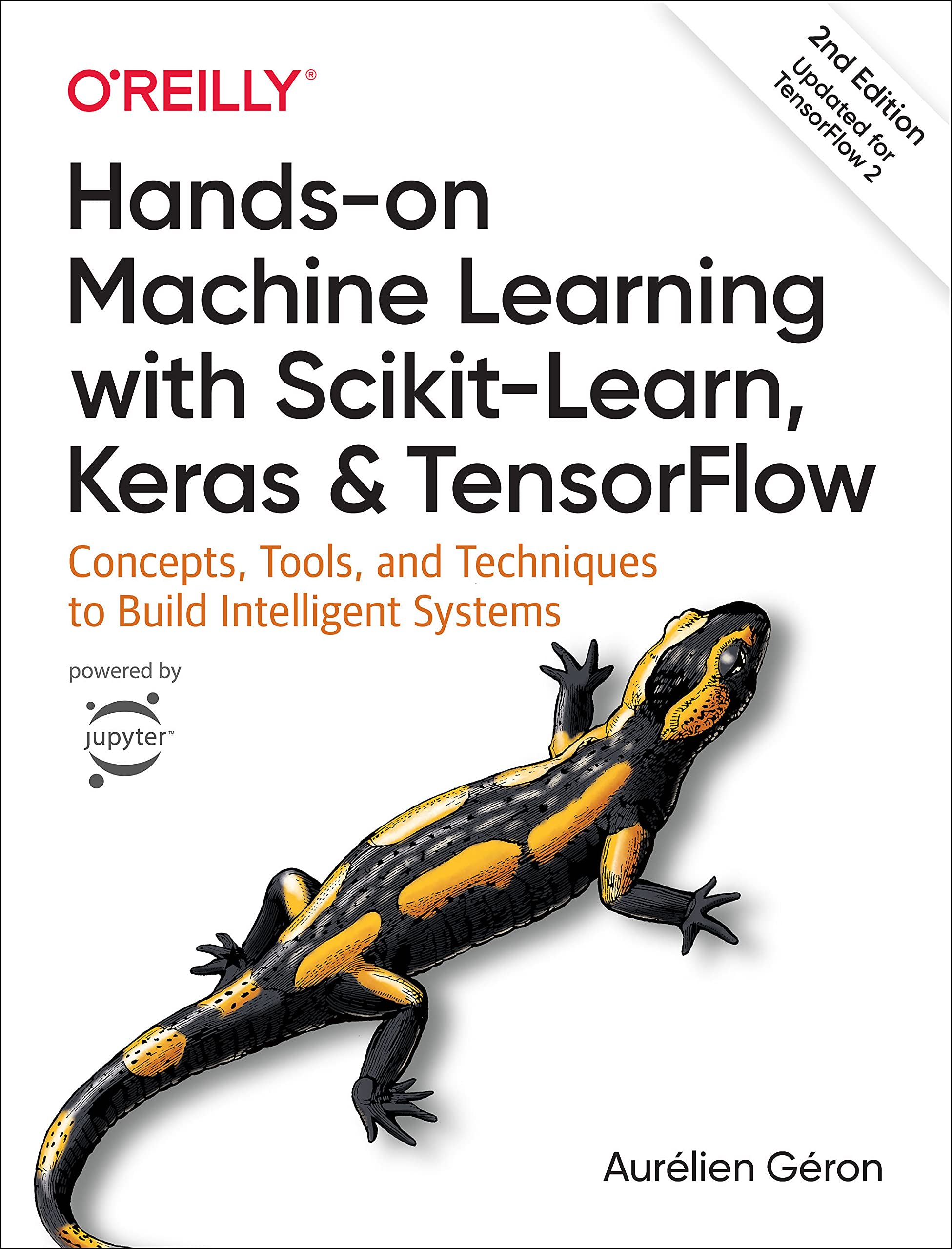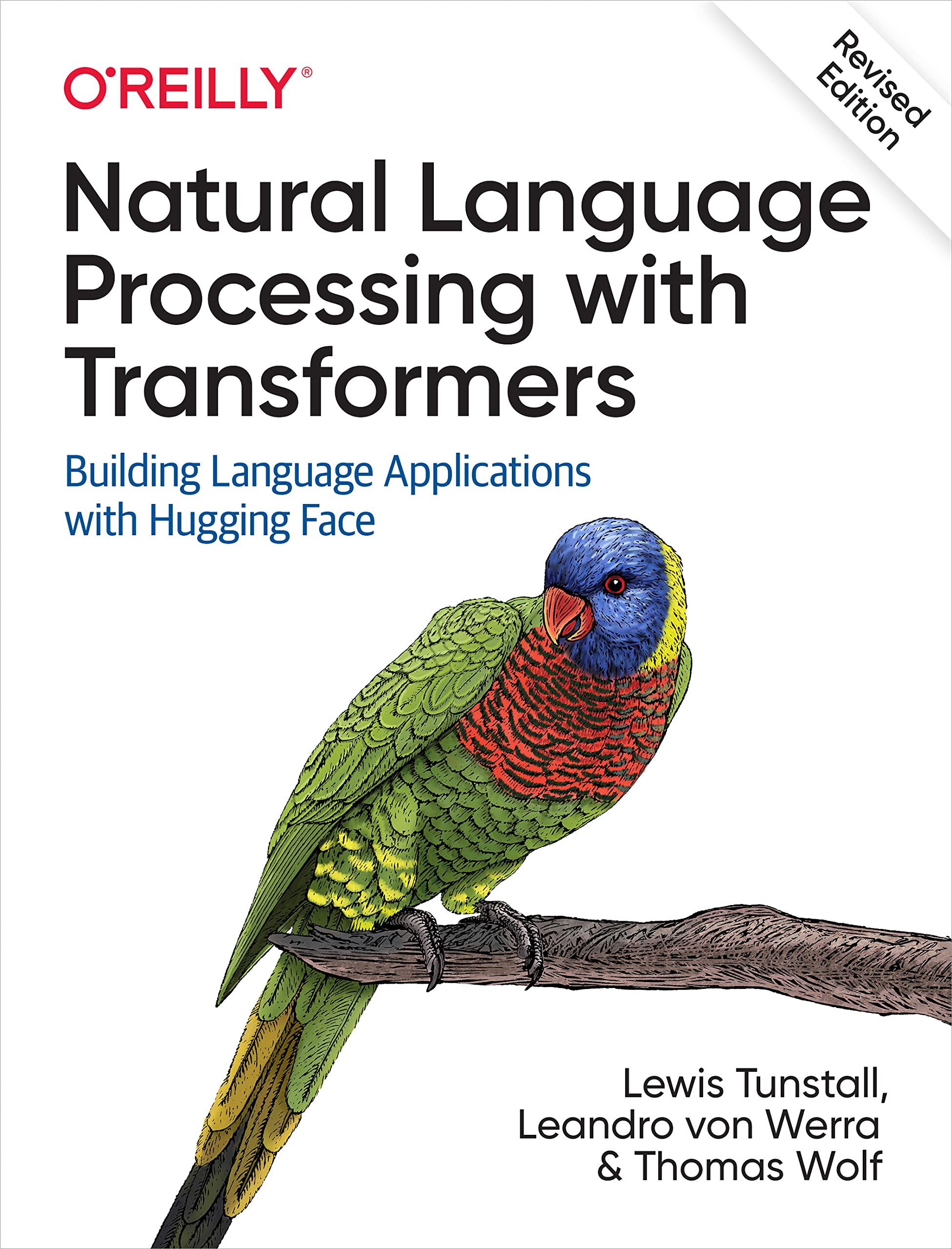Machine Learning books I recommend
Some time ago I realized that I like to learn new things in a structured way.
That’s why I like learning new things from books.
There are tons of Machine Learning books available, I’m pretty sure that no one can read them all :)
That’s why it’s so important to choose the right ones.
The list of books I have read and I can recommend:
 The Hundred-Page Machine Learning Book - Andriy Burkov
The Hundred-Page Machine Learning Book - Andriy Burkov
This is great as the first book about Machine Learning.
It greatly introduces all key concepts and it’s very concise - it literally consists of a little bit more than 100 pages.
This book might also be useful if you need to quickly refresh some base knowledge about a particular topic.
 Machine Learning Engineering - Andriy Burkov
Machine Learning Engineering - Andriy Burkov
This book introduces key concepts of working on a real Machine Learning project.
It describes that there is much more than Machine Learning algorithms and their mathematical background. It’s about all aspects of Machine Learning! :)
From starting a project, defining goals and metrics, through acquiring the data, data preprocessing, and feature engineering, to the model training and deployment on production.
The book gives a good overview of all these areas.
 Hands-On Machine Learning with Scikit-Learn, Keras, and TensorFlow - Aurélien Géron
Hands-On Machine Learning with Scikit-Learn, Keras, and TensorFlow - Aurélien Géron
This is a Machine Learning “Bible”.
I loved this book. It gives a deep understanding of key Machine Learning algorithms and Neural Networks.
It also consists of hands-on exercises which sometimes are a little challenging, but all of them are provided the right answers or code snippets.
This book does exactly what the title says - it provides you required knowledge and gives you hands-on experience while completing the exercises.
 Natural Language Processing with Transformers - Lewis Tunstall, Leandro von Werra, Thomas Wolf
Natural Language Processing with Transformers - Lewis Tunstall, Leandro von Werra, Thomas Wolf
This book shows how to use Hugging Face Transformers for Natural Language Processing.
It describes the required theory and gives practical examples of using the whole Hugging Face ecosystem to effectively deliver NLP models for different tasks.
The book addresses also topics related to large-scale training, like multi-GPU training and making models efficient using knowledge distillation or quantization.
I can greatly recommend the books mentioned above to Machine Learning enthusiasts.
The first two are more like an introduction to the topic, and the two latter are more specialized.
If you have any other Machine Learning books that you want to recommend - feel free to put them in the comments section below :)
